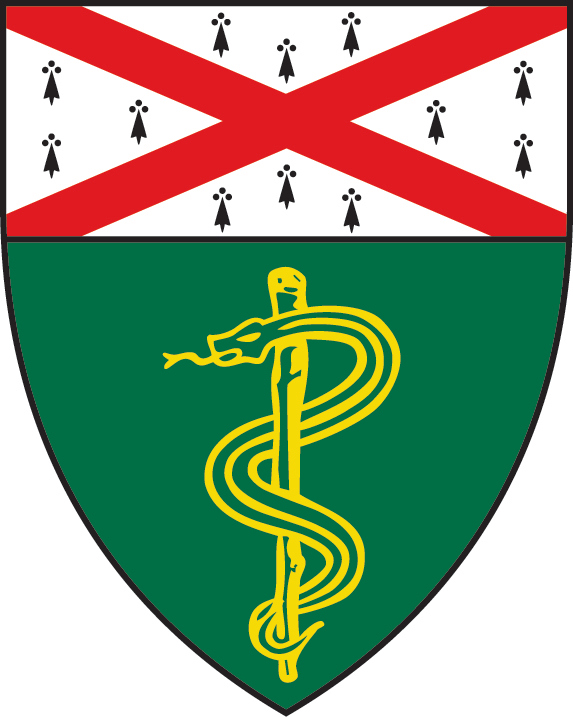Welcome to Cheng Lab
We are a computational genomics research group at Yale Biomedical Informatics and Data Science and at the Yale Center for Genomic Health.
Our research is dedicated to creating highly efficient computational methodologies for genomic applications, including genome assembly, read alignment, variant calling, and string indexing. We have developed a series of de novo genome assembly algorithms (e.g. hifiasm) that have been extensively utilized across a variety of large-scale sequencing projects, such as the Human Pangenome Reference Consortium, the Vertebrate Genomes Project, and the Darwin Tree of Life project. Within these projects, we also work closely with collaborators to explore the applications of genome assemblies.
We are looking for passionate new PhD and MS students to join the team (more info) !


News
June 2025
Barış and Zezhen joined the lab as postdoctoral researchers.
May 2025
We presented our work at London Calling 2025.
April 2025
Our new hifiasm (ONT) paper is now available on bioRxiv.
July 2024
Our lab officially launched at Yale.
